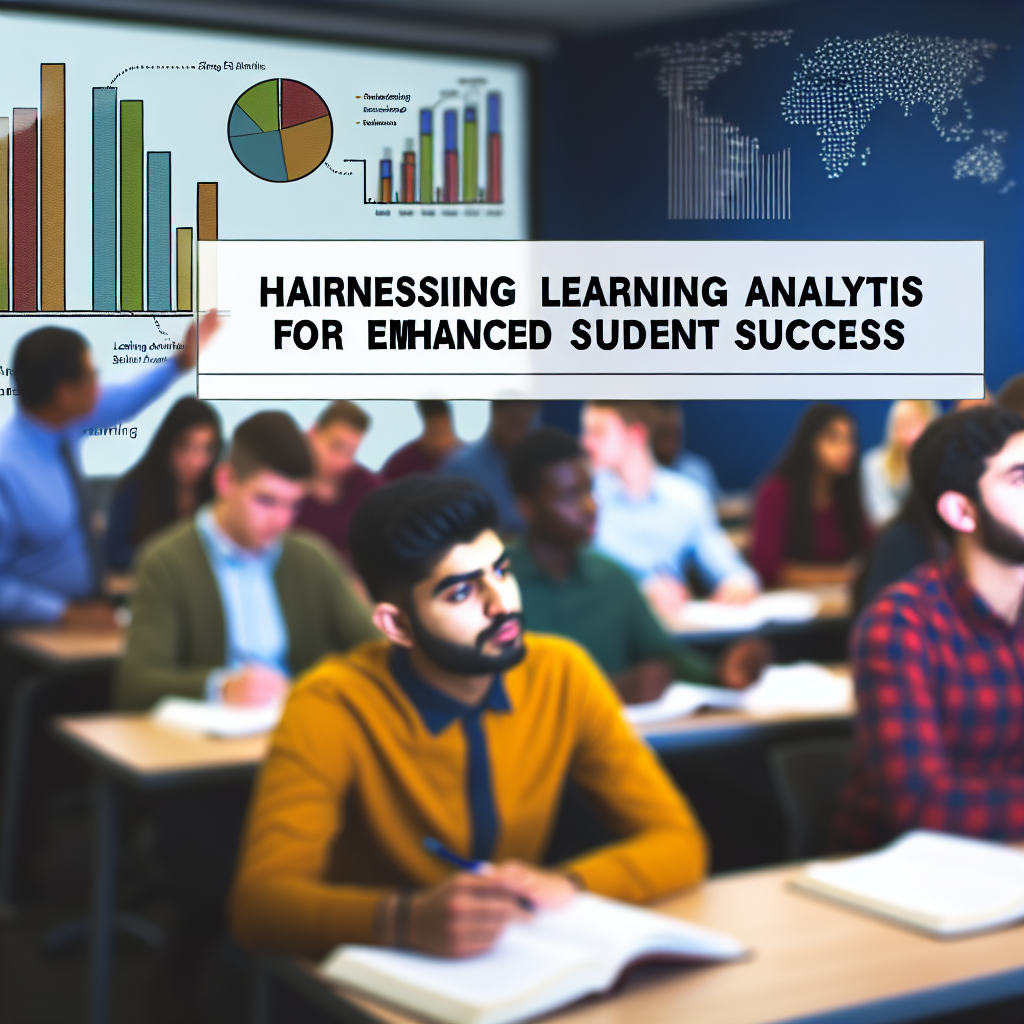Learning Analytics Usage is a transformative subject that harnesses data to enhance educational processes. By analyzing learners’ interactions, performance trends, and engagement, educators can foster personalized learning experiences and improve instructional methods. This article will delve into how learning analytics can be strategically utilized to enrich education and its potential impact on student success.
The Importance of Data-Driven Insights
In today’s educational landscape, data-driven insights are essential for improving teaching and learning outcomes. Learning analytics enables educators to collect and analyze data from various sources, including assessments, student interactions, and course materials. This process not only identifies learning patterns but also highlights areas where students may struggle.
By using these insights, instructors can tailor their approaches to meet individual student needs. For instance, if analytics reveal that a student struggles with a particular concept, educators can provide targeted resources or interventions to address that gap. This proactive approach fosters a more supportive learning environment and drives academic success.
Implementing Learning Analytics Effectively
To maximize the benefits of learning analytics, educational institutions must implement systems that support data analysis effectively. This means selecting the right tools and platforms that align with their goals. Institutions should prioritize user-friendly interfaces that allow educators to access and interpret data without requiring extensive technical expertise.
Additionally, fostering a culture that values continuous improvement is crucial. Professional development programs should equip educators with the skills to interpret learning analytics effectively and apply them in their teaching strategies. As educators become comfortable using analytics, they can collaborate to share insights and best practices, ultimately leading to a more productive educational experience for all students.
In conclusion, the effective use of learning analytics can revolutionize educational practices. By leveraging data to gain a deeper understanding of student needs, educators can create personalized and impactful learning experiences. As schools and universities continue to embrace data-driven approaches, the potential for enhanced student success and institutional improvement becomes increasingly attainable.
